DALTEPARIN - SUBCUTANEOUS INJECTION
PHONETIC PRONUNCIATION: (DAL-te-PAR-in)
COMMON BRAND NAME(S): Fragmin
GENERIC NAME(S): dalteparin sodium,porcine
Uses
USES: Dalteparin is used to treat and prevent harmful blood clots. Preventing harmful blood clots helps to reduce the risk of a stroke or heart attack. This medication helps keep your blood flowing smoothly by lowering the activity of clotting proteins in the blood. Dalteparin is a type of heparin, and works as an anticoagulant (commonly called a "blood thinner"). Conditions that increase your risk of developing blood clots include certain types of surgeries (such as hip replacement or abdominal surgery), long periods of being in one position (immobile), certain types of heart attack, and a certain type of chest pain called unstable angina. For some medical conditions, dalteparin may be used in combination with other "blood thinners." Dalteparin may also be used to treat and prevent clots from coming back in patients with cancer.
How to use DALTEPARIN - SUBCUTANEOUS INJECTION
HOW TO USE: Read the Patient Information Leaflet if available from your pharmacist before you start using dalteparin and each time you get a refill. If you have any questions, ask your doctor or pharmacist. This medication is given by injection under the skin as directed by your doctor, usually once or twice daily. Do not inject into a muscle. The dosage and length of treatment are based on your medical condition and response to treatment. The dosage may also be based on your weight for some conditions. If you are using this medication at home, learn all preparation and usage instructions from your health care professional and the product package. You should be lying down or sitting when you inject yourself. Before using, check this product visually for particles or discoloration. If either is present, do not use the liquid. This medication should not be mixed with or added to any other medication in the same syringe. Before injecting each dose, clean the injection site with rubbing alcohol. Change the injection site each time to lessen injury under the skin. To minimize bruising, do not rub the injection site after a shot. Learn how to store and discard medical supplies safely. To prevent blood clots due to surgery, your doctor may direct you to start using this medication before or after surgery and continue for several days. Follow your doctor's directions closely. Use this medication regularly in order to get the most benefit from it. To help you remember, use it at the same time(s) each day.
Side Effects
Precautions
Interactions
Overdose
Images
Reviews
Warning
WARNING: People using this medication may bleed near the spinal cord after certain spinal procedures. Bleeding in this area can cause paralysis that lasts a long time or could become permanent. Talk with your doctor about the benefits and risks before any spinal procedure. Your doctor may direct you to stop this medication for a certain amount of time before and after the procedure. Carefully follow your doctor's directions. The risk of bleeding may be higher if you have a deformed spine, or have had spinal procedures/surgery before (such as epidural catheter placement, difficult epidural/spinal puncture), or are taking other drugs that can cause bleeding/bruising (including antiplatelet drugs such as clopidogrel, "blood thinners" such as warfarin/rivaroxaban, nonsteroidal anti-inflammatory drugs-NSAIDs such as ibuprofen). Tell your doctor right away if you notice symptoms such as back pain, leg numbness/tingling/weakness, loss of control of the bowels or bladder (incontinence).
Disclaimer
IMPORTANT: HOW TO USE THIS INFORMATION: This is a summary and does NOT have all possible information about this product. This information does not assure that this product is safe, effective, or appropriate for you. This information is not individual medical advice and does not substitute for the advice of your health care professional. Always ask your health care professional for complete information about this product and your specific health needs.
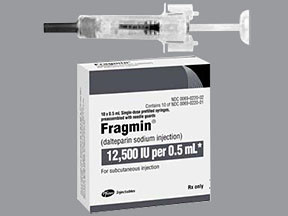
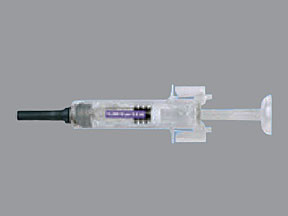
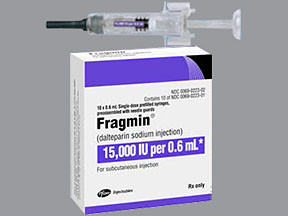
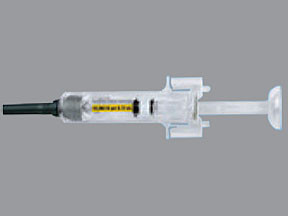
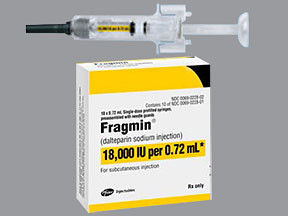
No Reviews Yet